Modified ACO algorithm for optimizing electric vehicle charging station placement and route recommendation
Problem Definition
The increasing popularity of electric vehicles has brought forward the challenge of ensuring convenient access to charging stations, especially for long-distance travel. Finding the shortest route to these charging stations is crucial for maintaining the efficiency and practicality of electric vehicle usage. Additionally, reducing the cost and waiting time at these stations are pressing concerns that need to be addressed to encourage further adoption of electric vehicles. This problem is further complicated by the limited availability of charging stations in certain regions, highlighting the need for efficient and optimized route planning solutions. MATLAB software can be utilized to develop algorithms and tools to tackle these issues effectively.
Objective
The objective of this project is to develop an optimized algorithm using MATLAB to address the challenge of efficient access to charging stations for electric vehicles. By utilizing a network structure and incorporating ACO, ACO hybrid with TSA, and Dixitra algorithms, the project aims to find the shortest route for vehicles to reach charging stations, thereby reducing cost and waiting time. Additionally, the implementation of Neuro-Fuzzy Logic for predicting travel distance of electric vehicles will enhance the overall efficiency of the system. The goal is to provide recommendations for the most advantageous charging stations based on charging time, waiting time, and price, ultimately encouraging further adoption of electric vehicles.
Proposed Work
The project addresses the growing need for efficient charging stations for electric vehicles by focusing on finding the shortest route to these stations and reducing cost and waiting time. To achieve this, an optimized algorithm is being developed using MATLAB. The algorithm utilizes a network structure to place vehicles and charging stations randomly, determining the shortest route for vehicles to access the stations. The project employs ACO, ACO hybrid with TSA, and Dixitra algorithms to optimize the process. Additionally, a machine learning algorithm, Neuro-Fuzzy Logic, is implemented to predict the travel distance of electric vehicles based on various parameters, enhancing the overall efficiency of the system.
By optimizing the algorithm, the project aims to provide recommendations for the most advantageous charging stations based on charging time, waiting time, and price.
The chosen approach of using a combination of different algorithms and machine learning techniques in this project is based on the need to provide a comprehensive solution to the identified problem. By incorporating ACO, ACO hybrid with TSA, and Dixitra algorithms, the project aims to take advantage of the strengths of each algorithm to optimize the route planning process. The use of Neuro-Fuzzy Logic for predicting the range of electric vehicles adds another layer of efficiency to the system, allowing for more accurate recommendations to be made. The decision to implement these specific techniques and algorithms was made with the aim of creating a robust and reliable solution that addresses the various challenges associated with electric vehicle charging.
Application Area for Industry
This project can be widely utilized in the transportation and automotive industry sectors to address the challenges presented by the increasing use of electric vehicles and the need for efficient charging stations. By optimizing the code with ACO, TSA, and Dixitra algorithms, the system can provide solutions for finding the shortest route to charging stations, thus reducing overall travel time and enhancing convenience for electric vehicle users. Additionally, the implementation of the Neuro-Fuzzy Logic algorithm aids in predicting the vehicle's range, enabling more accurate planning for charging stops. Industries can benefit from reduced costs, minimized waiting times, and improved overall operational efficiency by incorporating these proposed solutions into their systems.
Application Area for Academics
The proposed project has the potential to enrich academic research, education, and training in several ways. Firstly, it addresses a timely and relevant issue related to the increased adoption of electric vehicles and the need for efficient charging infrastructure. This research can contribute valuable insights into optimizing route planning to charging stations, reducing costs, and minimizing waiting times.
In terms of academic research, the project introduces innovative methodologies such as Ant Colony Optimization (ACO), Taboo Search Algorithm (TSA), Dixitra Algorithm, and Neuro-Fuzzy Logic. These algorithms offer new avenues for researchers to explore and apply in various contexts beyond electric vehicle charging optimization.
Educationally, this project can serve as a practical case study for students in the fields of computer science, electrical engineering, and transportation studies. By working on the project, students can gain hands-on experience in coding, algorithm optimization, and data analysis using MATLAB. It can also enhance their problem-solving skills and critical thinking abilities.
For training purposes, the project provides a platform for researchers, MTech students, and PhD scholars to leverage the code and literature for their own work. They can adapt the algorithms and methodologies to different research domains such as transportation planning, logistics management, or renewable energy systems.
The project's focus on electric vehicle charging infrastructure opens up opportunities for further research in sustainable transportation solutions.
In conclusion, the proposed project offers a valuable resource for advancing academic research, enhancing education, and providing training opportunities in the realm of innovative research methods, simulations, and data analysis. Its relevance in addressing real-world challenges and its potential applications in diverse research domains make it a promising avenue for future exploration and collaboration.
Algorithms Used
The project utilizes Ant Colony Optimization (ACO) to design the shortest and most efficient route for electric vehicles to charging stations. This algorithm plays a crucial role in optimizing the scenario. The Taboo Search Algorithm (TSA) is implemented in conjunction with ACO to further enhance the optimization process. The Dixitra Algorithm is used to recommend the charging station that is at the shortest distance, improving efficiency. Additionally, Neuro-Fuzzy Logic, a machine learning algorithm, is employed to accurately predict the range of electric vehicles based on various parameters.
Overall, these algorithms work together to achieve the project's objectives of optimizing charging station recommendations, enhancing accuracy in predicting vehicle range, and improving overall efficiency in the electric vehicle charging process.
Keywords
electric vehicles, charging station, shortest route, ACO, ant colony optimization, TSA, Taboo Search Algorithm, Dixitra Algorithm, Neuro-Fuzzy Logic, machine learning algorithm, MATLAB, charging time, waiting time, cost efficiency, distance prediction, optimization algorithm, charging station recommendation, electric vehicle range
SEO Tags
problem definition, electric vehicles, charging stations, shortest route, cost efficiency, waiting time, optimization algorithm, ACO, ant colony optimization, TSA, taboo search algorithm, Dixitra algorithm, machine learning, neuro-fuzzy logic, MATLAB, charging time, recommendation system, distance prediction, research project, PHD student, MTech student, research scholar.
| Shipping Cost |
|
No reviews found!













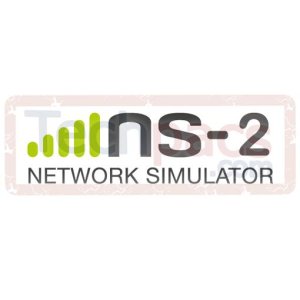
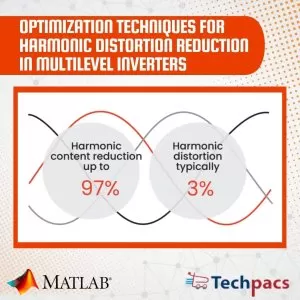
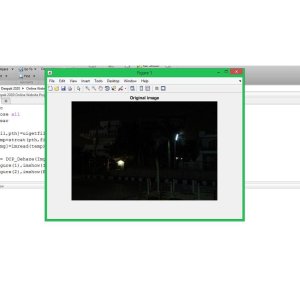
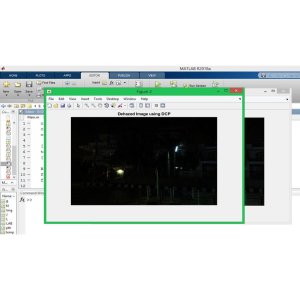
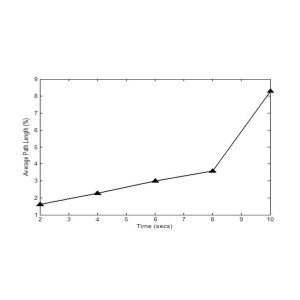
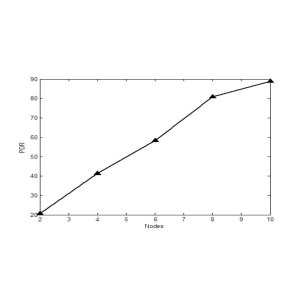
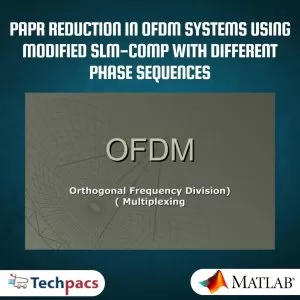































No comments found for this product. Be the first to comment!